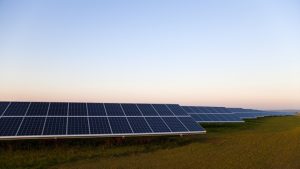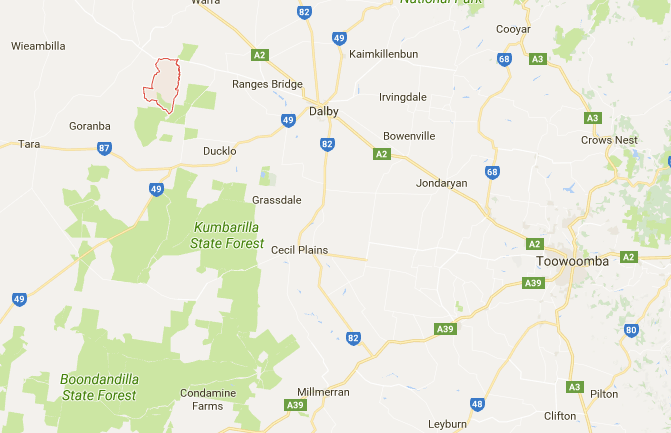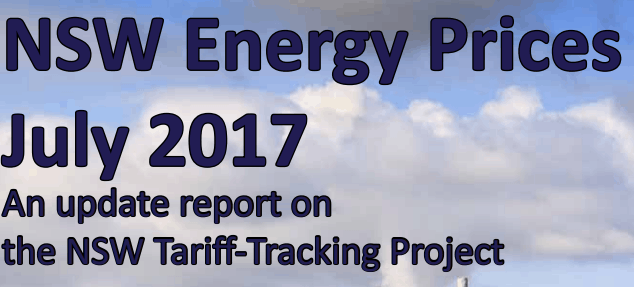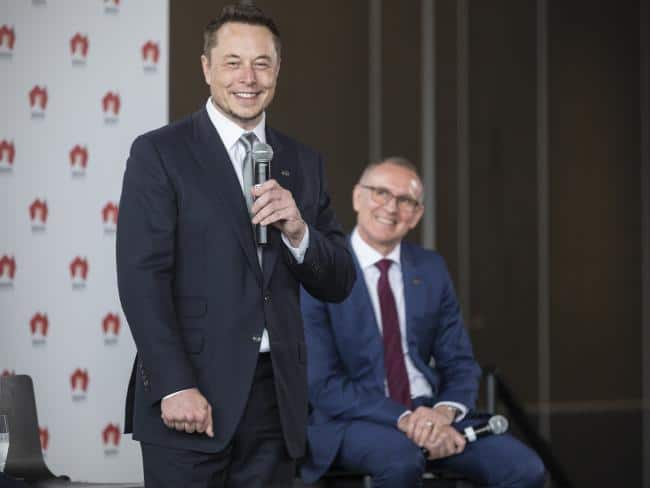UK based clean-tech startup Tempus Energy is expanding into Australia, according to a press release that notes they will be partnering with Origin Energy to pilot ‘flexible energy demand’ in South Australia over the next few months. Their software uses machine learning to maximise savings for customers – analysing data from modern BMS (Building Management Systems), battery storage devices (e.g. the Tesla Powerwall 2), and more – in order to minimise the amount of money spent on electricity.
South Australia will now have an opportunity to try this software platform out – no word yet on how it will be rolled out in conjunction with Origin but it appears it’ll be a new business model for Tempus. They previously ran a UK supply business which was closed down last year in favour of focusing on countries with “transparent and open wholesale markets”. Will be interesting to see how the offer ends up for the end-user.
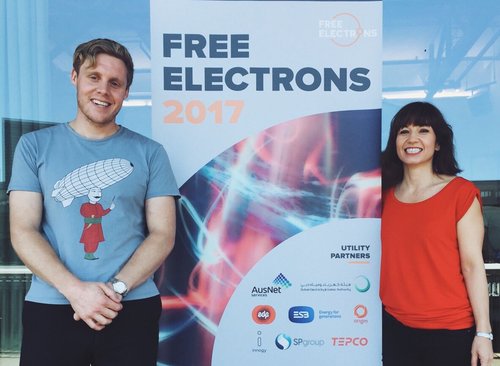
Tempus Energy in Australia
Tempus, founded by current CEO Sara Bell in 2012, has 11 employees (according to their LinkedIn company profile) and is active in the UK, Australia, and Sweden. According to their pitch from the ‘Free Electrons Pitch Off’, Tempus’ offering is a ‘machine learning software that forecasts the closing electricity market price before market closure. The software processes data in real time and combines market forecasting with the ability to predict electricity usage and understand how flexible assets perform in different conditions in order to minimise electricity cost and maximise use of renewable generation’.
Sara Bell was quoted as saying: “Tempus Energy is delighted to be partnering with a forward-thinking energy company like Origin. We are looking forward to helping them explore the benefits and challenges of new flexible energy demand solutions and how this can contribute towards the transition to a lower carbon, stable energy system that can deliver tangible benefits to customers.
You can view Sara Bell’s elevator pitch for Tempus Energy below – we’ll follow their partnership with Origin closely and be sure to update you as soon as there’s news on how you can take advantage of their service!

